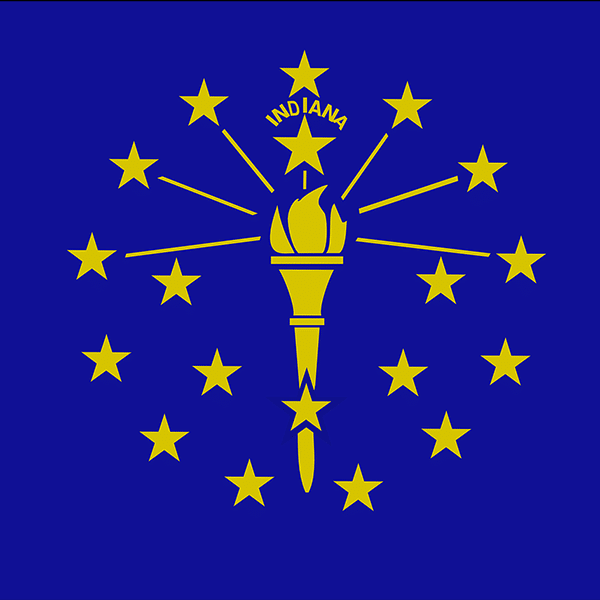The news that has been somewhat suspected for some time has been confirmed today. The FCC has rejected the long form RDOF applications from SpaceX and LTD Broadband, effectively denying them billions of dollars in funding collectively.
The long form applications, the FCC found, had not demonstrated that the providers could deliver what was promised. The FCC, therefore, concluded approval would not be a prudent use of the Universal Service Fund (USF) money.
The Rural Digital Opportunity Fund (RDOF) was established by the FCC to help support the cost of bringing broadband to rural areas. It has been steadily authorizing funding, but both Starlink and LTD have been noticeably absent from the growing approved list, raising questions about their RDOF future.
The initial RDOF awards were released on December 7, 2020. SpaceX Starlink won $885,509,638.40 and LTD Broadband won $1,320,920,718.60. Both companies were in the top ten of the RDOF winnings, which was determined by a reverse auction.
“After careful legal, technical, and policy review, we are rejecting these applications. Consumers deserve reliable and affordable high-speed broadband,” FCC Chairwoman Jessica Rosenworcel said in a press release. “We must put scarce universal service dollars to their best possible use as we move into a digital future that demands ever more powerful and faster networks. We cannot afford to subsidize ventures that are not delivering the promised speeds or are not likely to meet program requirements.”
LTD Broadband was a relatively small and unknown service provider, offering primarily fixed wireless access. Its profile was raised significantly when it became the biggest RDOF winner, but almost immediately came under intense scrutiny.
The company failed to win ETC status in several of its winning states, a requirement for RDOF, blaming much of it on “egregious errors” from its attorney. The FCC also proposed a $2.3 million fine for LTD for defaulting on bids. The FCC review found that it was not capable of deploying a network of the scope, scale and size consistent with its winning bids.
SpaceX is already high profile, thanks to its leader Elon Musk. Winning close to a $1 billion in funding for its Starlink service did catch the industry a bit off guard. While Starlink satellite service is up and running, it’s still a somewhat unproven technology at scale.
“Starlink’s technology has real promise,” continued Chairwoman Rosenworcel. “But the question before us was whether to publicly subsidize its still developing technology for consumer broadband—which requires that users purchase a $600 dish—with nearly $900 million in universal service funds until 2032.”
Separately, the FCC said that it has authorized $21,112,263 in RDOF funding to three companies to deploy gigabit service to almost 15,000 locations in Tennessee, Texas, Utah and Wyoming.
So far, the program has authorized more than $5 billion in funding primarily for fiber gigabit service to more than 3 million locations in 47 states. Deployments have begun, the FCC says.
This is a developing story. Check back for updates. Bernie Arnason contributed to this post.



